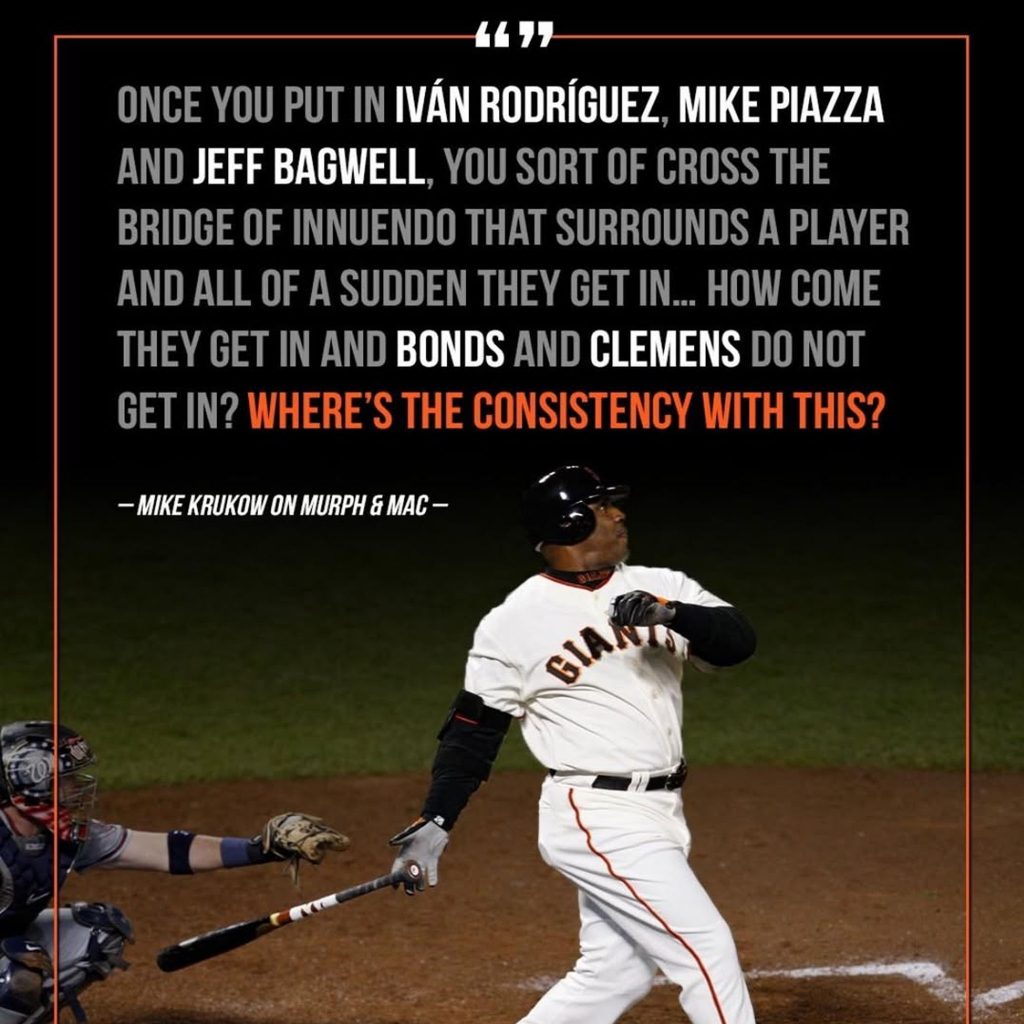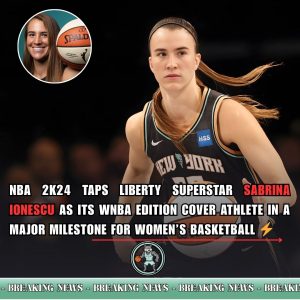Hall of Fame Controversy Rekindled After Mike Krukow Demands Fair Standards
SAN FRANCISCO — The National Baseball Hall of Fame is supposed to honor achievement over speculation. Yet each time a new class is announced, challenges to its fairness and long-standing criteria resurface. This week, broadcaster and former pitcher Mike Krukow intensified that debate by questioning the rationale behind who earns a place in Cooperstown and who continues to be left out.
During an appearance on the “Murph & Mac” radio show, Krukow voiced what many fans have quietly argued for years: If Iván Rodríguez, Mike Piazza, and Jeff Bagwell can earn induction, why are Barry Bonds and Roger Clemens—two of the sport’s most historically dominant players—still excluded? “When you elect those guys, you’ve already crossed the line of speculation surrounding players,” Krukow said. “So why do they make it in while Bonds and Clemens don’t? Where’s the consistency here?”
His remarks underscored the lingering complexities of baseball’s infamous Steroid Era. Rodríguez, Piazza, and Bagwell were all enshrined despite long-standing whispers about performance-enhancing drugs. Bonds and Clemens, meanwhile, remain defined by allegations—never confirmed through testing during their peaks—that continue to shadow their Hall of Fame bids.

Bonds holds MLB’s all-time home run record with 762. Clemens, a seven-time Cy Young Award winner, is regarded as one of the greatest pitchers in the game’s history. Their achievements on the field are indisputable. Still, a substantial portion of the Baseball Writers’ Association of America has repeatedly withheld its votes, citing concerns about integrity and the Hall’s traditional “character clause.”
To some followers of the sport, that reasoning no longer passes the fairness test. “You can’t celebrate certain players from that era and selectively punish others,” said longtime Giants season-ticket holder Lisa Montgomery outside Oracle Park. “Either evaluate everyone by identical standards or admit this is more about perception than principle.”
Hall of Fame scholar Claire Smith notes that Cooperstown has navigated similar storms over the decades, from civil rights debates to controversies surrounding players with off-field issues. “The Hall isn’t fixed in time,” Smith said. “It evolves as baseball continues to define itself—both culturally and competitively.”
Krukow’s comments quickly spread across social media, sparking reactions from fans, former players, and analysts. Some insisted that Bonds and Clemens deserve induction based on their overwhelming dominance. Others argued that granting them entry would undermine the integrity of the institution, especially given the unresolved tensions surrounding the Steroid Era.
As Hall of Fame officials consider adjustments to the voting process and new committees prepare to reexamine candidates no longer on the BBWAA ballot, the core question persists: Can a museum dedicated to chronicling baseball’s history remain credible while excluding two of its most influential figures?
For now, the issue remains unsettled. But Krukow’s critique has reignited a debate that shows no signs of fading. Cooperstown may honor greatness, but it also reflects the sport’s ongoing struggle to balance achievement with ethics.





